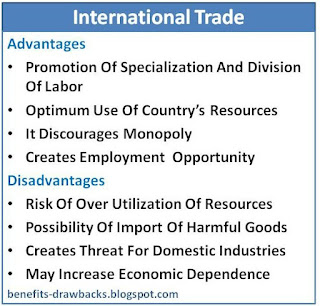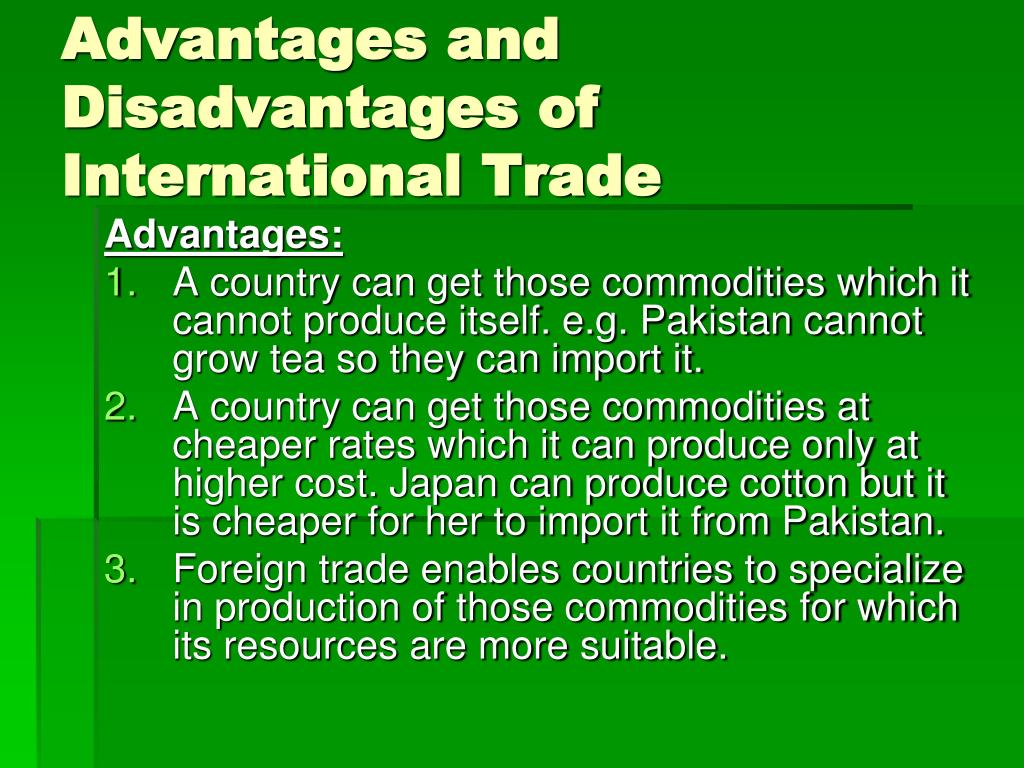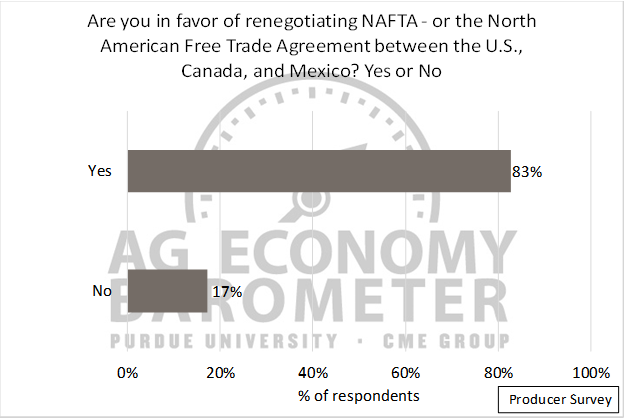
Specialization in International Trade: Benefits and Drawbacks – The Double-Edged Sword of Global Focus
In our increasingly interconnected world, goods and services flow across borders at an astonishing rate. From the coffee in your morning cup to the smartphone in your pocket, very few products are entirely made in just one country. This global exchange is largely driven by a core economic principle: specialization.
But what exactly is specialization in the context of international trade? And why do countries choose to focus on producing certain things while importing others? Like many powerful concepts, specialization comes with both significant advantages and considerable risks.
This article will break down the concept of specialization, explore its many benefits, and critically examine its potential drawbacks, all in a way that’s easy for beginners to understand.
What is Specialization in International Trade?
At its simplest, specialization in international trade means that a country (or a region, or even a company) focuses its resources – its land, labor, capital, and expertise – on producing a narrow range of goods or services in which it has a particular advantage. Instead of trying to produce everything it needs, a country decides to become really good at making a few things and then trades those with other countries for the goods it doesn’t produce itself.
Think of it like this:
- You: You might be great at baking cakes, but terrible at fixing cars. So, you bake cakes for friends and family, and when your car breaks down, you take it to a mechanic.
- Countries: Similarly, Brazil might be excellent at producing coffee beans due to its climate and soil, while Germany might excel at manufacturing high-precision machinery due to its skilled workforce and technological infrastructure.
Neither country tries to do everything. Brazil doesn’t try to build complex robots, and Germany doesn’t try to grow all its own coffee. They specialize in what they do best and then trade.
The Power of Comparative Advantage
The primary driver behind specialization is a concept called comparative advantage. This is a bit more nuanced than simply being "best" at something (that’s absolute advantage).
Comparative advantage means that a country can produce a good or service at a lower opportunity cost than another country.
- Opportunity Cost: This is what you give up when you choose to do something else. If Brazil uses its land to grow coffee, it gives up the chance to grow, say, soybeans on that same land. If Germany uses its engineers to build cars, it gives up the chance to use them to build trains.
Even if one country could produce everything more efficiently than another (having an absolute advantage in everything), it still makes sense for both to specialize based on comparative advantage. This allows both countries to produce more overall and then trade to get what they need, leading to more goods and services for everyone involved.
Benefits of Specialization in International Trade
When countries focus on what they do best, the global economy often thrives. Here are the key advantages:
1. Increased Efficiency and Productivity
- Focus Breeds Expertise: When workers and industries concentrate on a single task or product, they become highly skilled and efficient. This leads to faster production and less waste.
- Optimal Resource Allocation: Countries can dedicate their specific natural resources (like fertile land for agriculture or mineral deposits for mining) and human capital (skilled labor in particular fields) to their most productive uses.
- Economies of Scale: By producing large quantities of a specialized good, countries can often lower the average cost per unit. This is because fixed costs (like machinery or research) are spread over a larger output.
2. Lower Costs and Prices for Consumers
- Cost Savings Passed On: The increased efficiency and economies of scale achieved through specialization often translate into lower production costs.
- Affordable Goods: These lower costs can then be passed on to consumers in the form of lower prices for imported goods, making a wider range of products more affordable.
- Improved Standard of Living: Consumers can enjoy a greater variety of goods at better prices, which enhances their overall quality of life.
3. Higher Quality Products
- Expertise Leads to Excellence: When a country specializes in a particular industry, it invests heavily in research, development, and training within that sector. This deep expertise often results in higher-quality, more innovative, and more reliable products.
- Competition Drives Quality: Specialization also means that countries compete on a global scale. To remain competitive, they are incentivized to continuously improve the quality and features of their specialized goods.
4. Innovation and Technological Advancement
- Concentrated Research: Focusing resources on a specific industry encourages dedicated research and development efforts within that field.
- Knowledge Spillovers: As countries specialize, they often become centers of excellence, attracting talent and fostering an environment where new ideas and technologies can flourish and spread globally.
- Global Collaboration: Specialization can also lead to international partnerships and joint ventures, where countries combine their specialized knowledge to create new technologies or solve complex problems.
5. Economic Growth and Job Creation
- Increased Exports: Specialization allows countries to produce a surplus of their specialized goods, which they can then export to other nations. These exports generate revenue and contribute to economic growth.
- Industry Expansion: As specialized industries grow, they create more jobs within those sectors and in supporting industries (e.g., logistics, finance, research).
- Overall Prosperity: The combination of increased efficiency, lower costs, and higher quality can lead to a more vibrant and growing economy for specializing nations.
6. Greater Variety and Consumer Choice
- Access to Global Goods: Even if a country doesn’t produce something itself, specialization allows it to import that good from a country that does.
- Wider Selection: This means consumers have access to a much broader array of products from all over the world, catering to diverse tastes and needs, which wouldn’t be possible if every country tried to produce everything domestically.
Drawbacks of Specialization in International Trade
While the benefits are compelling, specialization is not without its risks. The very act of focusing deeply on a few areas can create vulnerabilities and negative consequences.
1. Over-Reliance and Vulnerability
- Supply Chain Disruptions: If a country heavily relies on imports for essential goods (like food, energy, or medical supplies), it becomes vulnerable to disruptions in global supply chains caused by natural disasters, pandemics, political instability, or conflicts in the exporting country.
- Economic Shocks: A country specializing in a single commodity (e.g., oil, a particular agricultural product) can suffer severe economic downturns if the global demand for that commodity drops or its price plummets.
- Dependence on Other Nations: Extreme specialization can lead to a loss of self-sufficiency, making a country dependent on the goodwill and stability of its trading partners for critical resources.
2. Job Displacement and Structural Unemployment
- Loss of Domestic Industries: When a country imports goods it previously produced domestically (because another country can produce them more cheaply or efficiently), local industries may decline or shut down.
- Job Losses: This can lead to job losses in those declining industries, creating unemployment, particularly for workers whose skills are not easily transferable to other sectors.
- Regional Economic Decline: Entire regions that were once reliant on a particular industry can suffer significant economic hardship and social problems as jobs disappear.
3. Lack of Diversification and Economic Instability
- "Putting All Eggs in One Basket": A highly specialized economy is less diverse. If the one or two industries it specializes in face challenges (e.g., new competition, technological obsolescence, changes in consumer tastes), the entire economy is at risk.
- Limited Resilience: Diverse economies are often more resilient to shocks because if one sector experiences a downturn, others can potentially pick up the slack. A specialized economy lacks this built-in resilience.
4. Environmental Impact
- Resource Depletion: Specialization can lead to over-extraction of specific natural resources in the specializing country to meet global demand, leading to environmental degradation.
- Pollution Hotspots: Concentrating production in specific areas can lead to localized pollution problems (air, water, soil) if environmental regulations are lax or unenforced.
- Increased Carbon Footprint: The vast amount of international shipping required for specialized trade contributes significantly to global carbon emissions.
5. Reduced Self-Sufficiency and National Security Concerns
- Critical Goods Vulnerability: Relying on other nations for critical goods (like defense equipment, pharmaceuticals, or strategic minerals) can pose national security risks, especially during times of geopolitical tension or conflict.
- Bargaining Power: Countries that are highly specialized and dependent on imports for essential goods may have less bargaining power in international negotiations.
6. Geopolitical Risks
- Trade as a Weapon: Countries might use their specialized production or control over critical resources as a political tool or weapon against others.
- Increased Competition and Protectionism: Specialization can intensify global competition, sometimes leading to trade disputes, tariffs, and protectionist measures as countries try to protect their domestic industries.
Navigating Specialization: A Balanced Approach
Given both the powerful benefits and significant drawbacks, countries don’t simply specialize blindly. Smart trade policies aim for a balanced approach:
- Strategic Diversification: While specializing in some areas, countries often try to maintain a degree of diversification in their economy, especially in critical sectors, to avoid over-reliance.
- Investment in Education and Retraining: To mitigate job displacement, governments can invest in education and training programs to help workers in declining industries acquire new skills for growing sectors.
- Building Resilient Supply Chains: Companies and governments are increasingly focused on creating more resilient and diversified supply chains, perhaps by sourcing from multiple countries or holding larger strategic reserves.
- International Cooperation: Collaborative efforts between nations can help manage the risks of specialization, such as establishing fair trade rules, environmental agreements, and mechanisms for addressing global economic shocks.
- Support for Domestic Innovation: Even while specializing, countries can foster innovation across various sectors to ensure future economic vitality and reduce long-term dependence.
Conclusion
Specialization in international trade is undeniably a cornerstone of the modern global economy. It drives efficiency, lowers costs, spurs innovation, and offers consumers an unprecedented array of choices. By allowing countries to focus on their comparative advantages, it can unlock tremendous economic growth and prosperity.
However, this global focus is a double-edged sword. The very benefits that make specialization so attractive also create vulnerabilities: economic dependence, job losses, environmental concerns, and geopolitical risks. The COVID-19 pandemic and recent geopolitical tensions have starkly highlighted these drawbacks, prompting many nations to re-evaluate their supply chains and levels of self-sufficiency.
Ultimately, the goal for any nation is not to abandon specialization, but to manage it wisely. By understanding both its immense benefits and its inherent risks, countries can pursue policies that harness the power of global trade while building more resilient, equitable, and sustainable economies for the future.



Post Comment